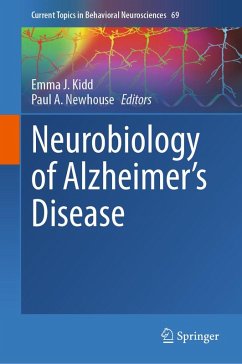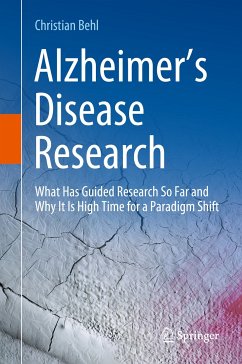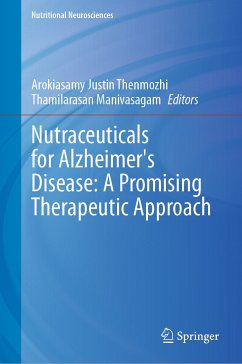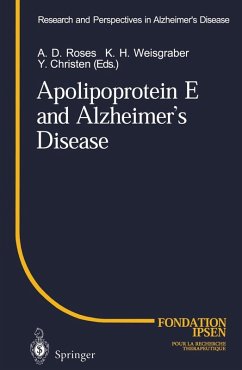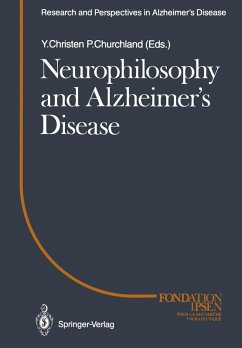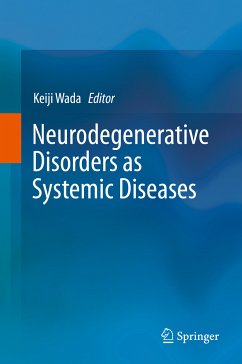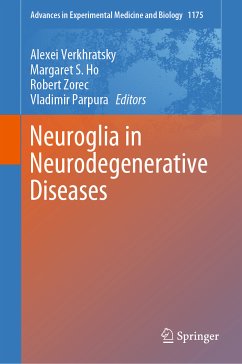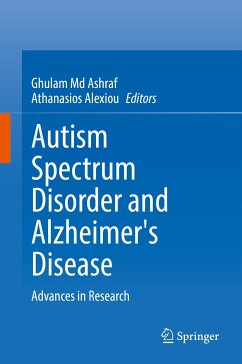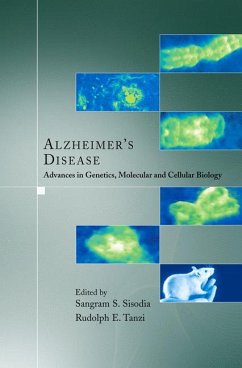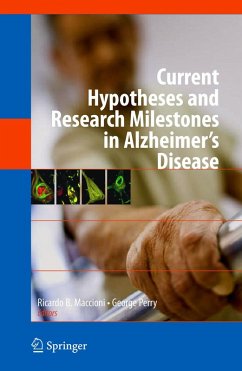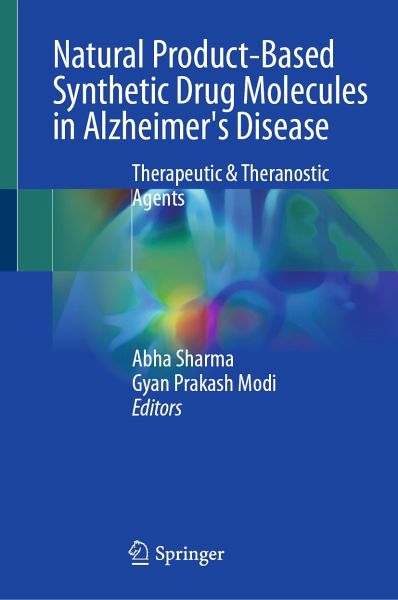
Natural Product-based Synthetic Drug Molecules in Alzheimer's Disease (eBook, PDF)
Therapeutic & Theranostic Agents
Redaktion: Sharma, Abha; Modi, Gyan Prakash
Versandkostenfrei!
Sofort per Download lieferbar
144,95 €
inkl. MwSt.
Weitere Ausgaben:

PAYBACK Punkte
72 °P sammeln!
This book illustrates the importance of natural products as the source for the development of novel drugs for the treatment of neurodegenerative disorders, including Alzheimer's disease. It also highlights the role of reactive oxygen species and altered metal homeostasis in the progression of Alzheimer's disease and examines the potential of antioxidants and anti-chelating agents in the clinical intervention of neurodegenerative diseases. The book also discusses the role of neuroinflammation in the pathogenesis of Alzheimer's disease. The chapters provide information about the drug targets, pr...
This book illustrates the importance of natural products as the source for the development of novel drugs for the treatment of neurodegenerative disorders, including Alzheimer's disease. It also highlights the role of reactive oxygen species and altered metal homeostasis in the progression of Alzheimer's disease and examines the potential of antioxidants and anti-chelating agents in the clinical intervention of neurodegenerative diseases. The book also discusses the role of neuroinflammation in the pathogenesis of Alzheimer's disease. The chapters provide information about the drug targets, progress in the development of natural product-based therapeutics, biomarkers, fluorescent diagnostic tools, and theranostic for Alzheimer's disease. The book also provides information about the design and synthesis of natural product-based derivatives against the various targets of Alzheimer's disease including epigenetic targets and the metal dyshomeostasis hypothesis. Cutting across different disciplines, this book is a valuable source for neuroscientists, chemical biologists, pharmaceutical researchers, and synthetic biologists.
Dieser Download kann aus rechtlichen Gründen nur mit Rechnungsadresse in A, B, BG, CY, CZ, D, DK, EW, E, FIN, F, GR, HR, H, IRL, I, LT, L, LR, M, NL, PL, P, R, S, SLO, SK ausgeliefert werden.



